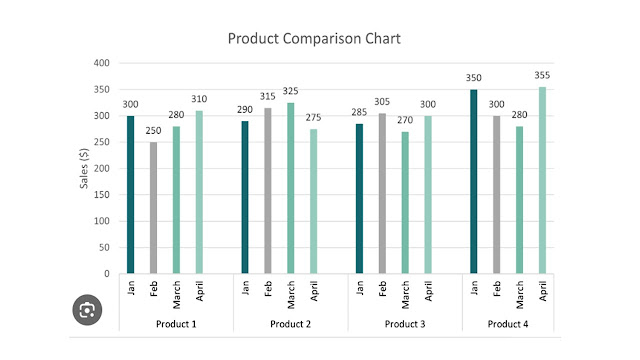Utilizing Personal Knowledge Management (PKM) for a Job Progression and Career Path
Personal Knowledge Management (PKM) is particularly relevant to various professions and jobs, as it provides individuals with a systematic approach to acquiring, organizing, and leveraging information. The application of PKM in a job context can enhance productivity, decision-making, and continuous learning. Here are some ways in which PKM relates to different jobs: 1. Research and Development Professionals: - PKM can help researchers and developers stay updated on the latest industry trends, technological advancements, and scientific discoveries. - Effective organization of research findings and collaboration with colleagues can be facilitated through PKM tools, enhancing the overall R&D process. 2. Knowledge Workers and Information Professionals: - Individuals in roles that involve managing and disseminating information can benefit from PKM in terms of organizing databases, creating effective information...


